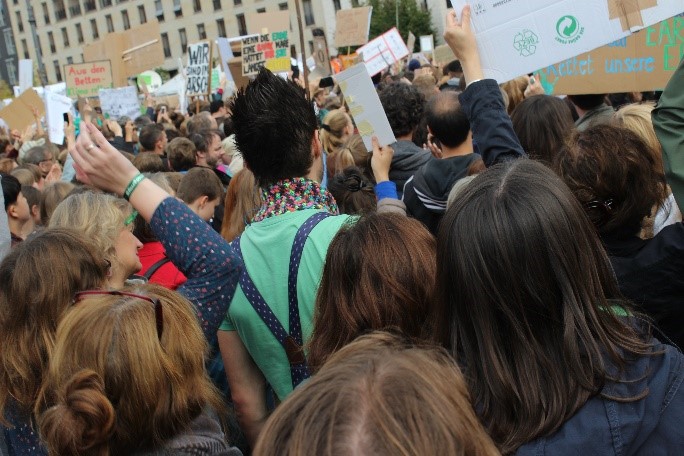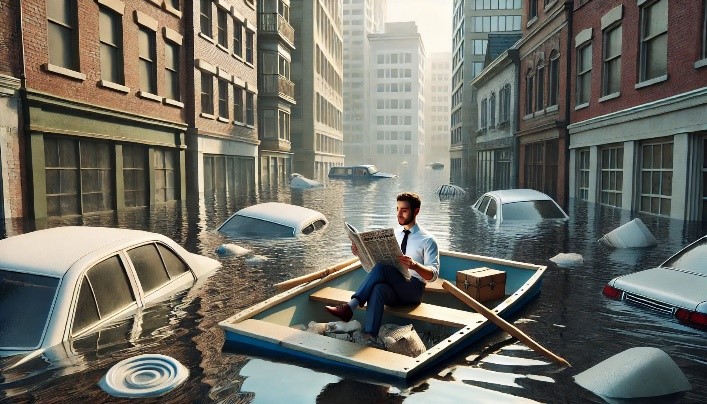Humboldt-Scholarship
Bachelors & Masters
2024/25 Sustainability and Democracy
Starting in April 2024, 15 Bachelor’s and Master’s students will be given the opportunity to develop an interdisciplinary and team-based research project throughout the course of one year. In 2024/25, the student research will focus on the topic of “Sustainability and Democracy”.
Both sustainability and democracy are increasingly under pressure. While multiple crises such as the climate crisis motivate some people to participate in politics, others fear a restriction of freedoms. Many are concerned about the suitability of democracy and the possible need for reform in the face of multiple crises. Others, on the other hand, see long-term ecological well-being as a prerequisite for successful democracy; and – conversely – democratic principles as a basic requirement for sustainability. The 2024/25 class will explore this area of tension.
Bojan Kahlau, Agricultural Economics, M.Sc., Neve Ana Hadassa Leonhardt, Agrarwissenschaften, B.Sc., Laura Emma Simon, Economics and Management Science, M.Sc., Oya Tükel, Economics, M.Sc., Cecilia Weissenhorn, Integrated Natural Resource Management, M.Sc.
Our research project aims to answer the question if there is a connection between the political attitudes of different social groups and their perception of political communication strategies for climate protection measures. For this purpose, we will conduct interviews and protest surveys at demonstrations on various politically relevant topics. These surveys are intended to shed light on whether and to what extent the appeal of differently designed election posters (e.g. in terms of shapes, colors, fonts, etc.) differs among people with different political attitudes.

Photo credits: IRI THESys
Simon Fager M.Sc. Global Change, Anna Isabel Hinderer B.A. Sozial Wissenschaften, Marlene Bültemann M.Sc. Witschaftsinformatik, Lucas Robert Surgeon M.Sc. Volkswirtschaftslehre
As climate change moves forward, events of extreme weather occur more often, leading to an increase in media reports and public debates. However, in recent years, climate policy has evolved into an area of heated dispute. Media reporting about extreme weather events both capture and shape the public discourse while some are localized in the political spectrum. In our project, we aim to investigate the effect of extreme weather events on the reporting on climate change, using the floods in southern Germany in June 2024. We will cluster different media groups to be investigated as a proxy of the public discourse. As a method, we will use a dictionary search of at least 100 articles.

Photo credits: AI generated
Elena Bettenhäuser, M.Sc. Integrated Natural Resource Management, Henrike Kalteich, M.A. Sozialwissenschaften, Margarete Grunske, B.Sc. Geographie, Vincent Dolanbay, B.A. Sozialwissenschaften, Ariane Benedikter, M.A. Philosophie Anton Schulte-Fischedick, M.Sc. Global Change Geography
Only what is conceivable, considered possible or realistic can be negotiated socially and politically. This project will therefore use a participatory and self-reflexive method to explore what precedes the democratic process. We will explicitly explore the limits of imagination by examining which sustainable scenarios lie within the participants’ horizons of imagination and values. Furthermore, we will analyze how the participants understand their role in these scenarios and to what extent the ideas of a future “good” society are at odds with the current global ecological and democratic challenges.


